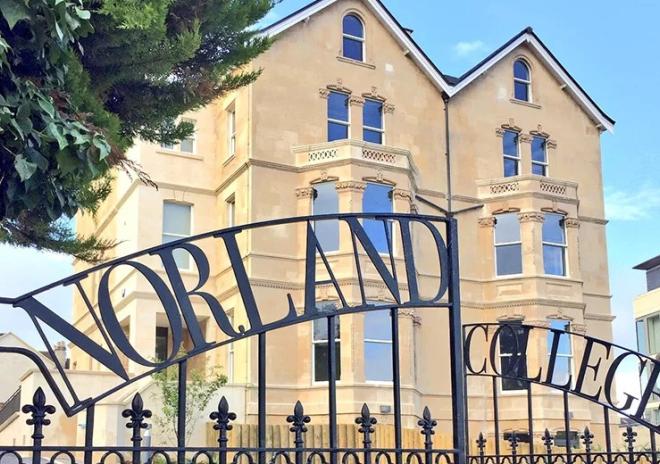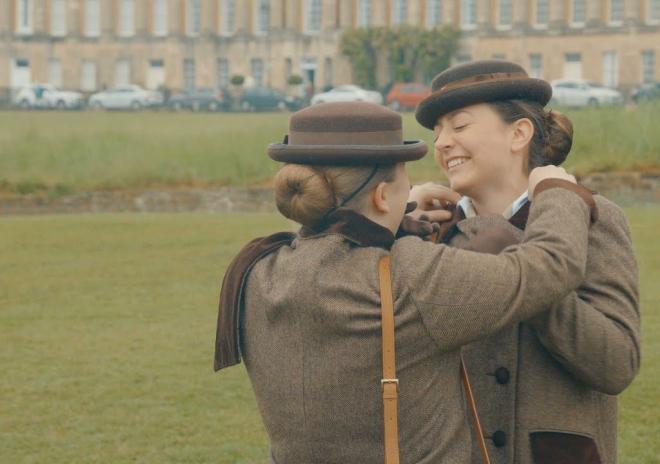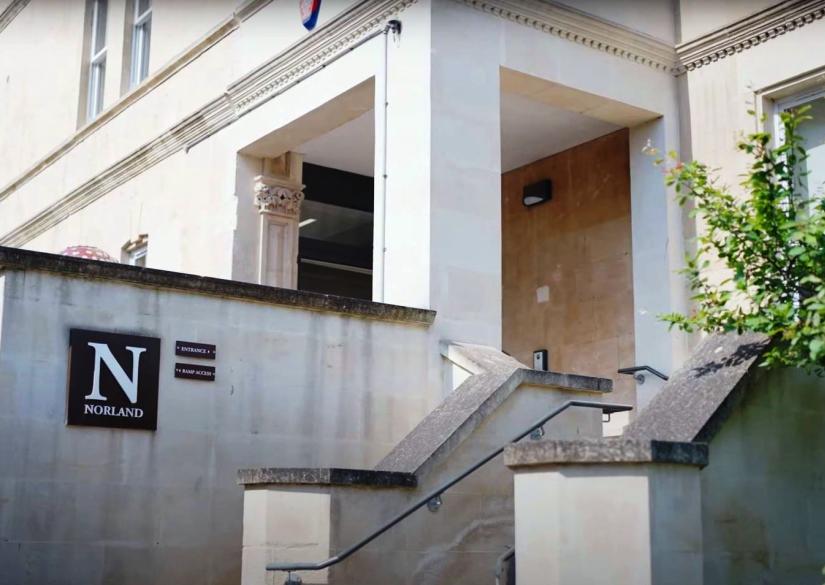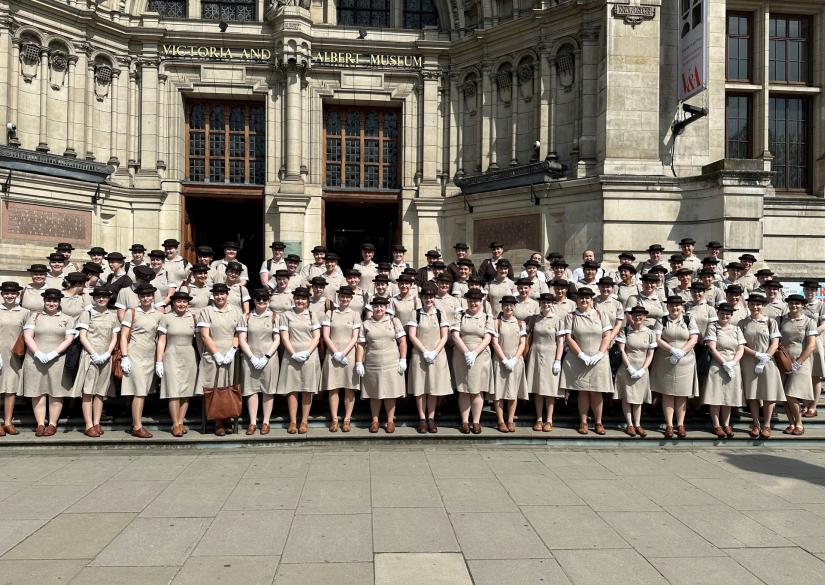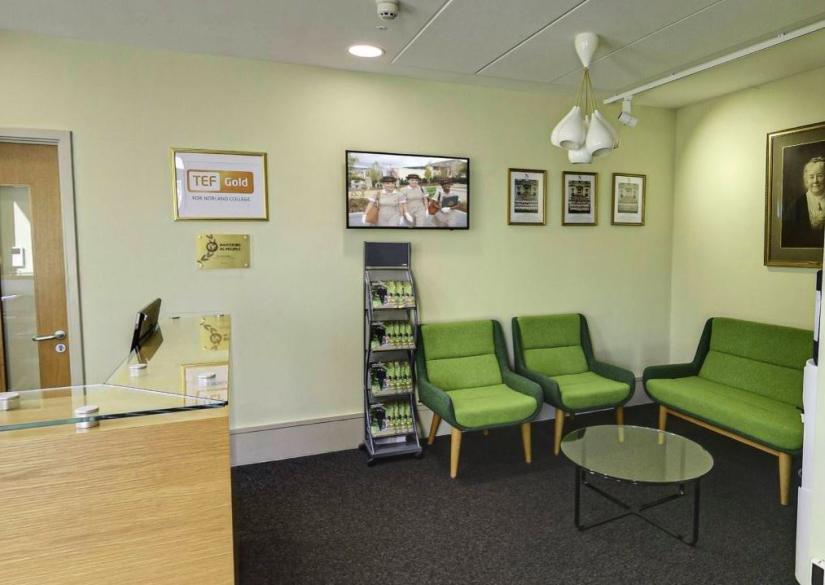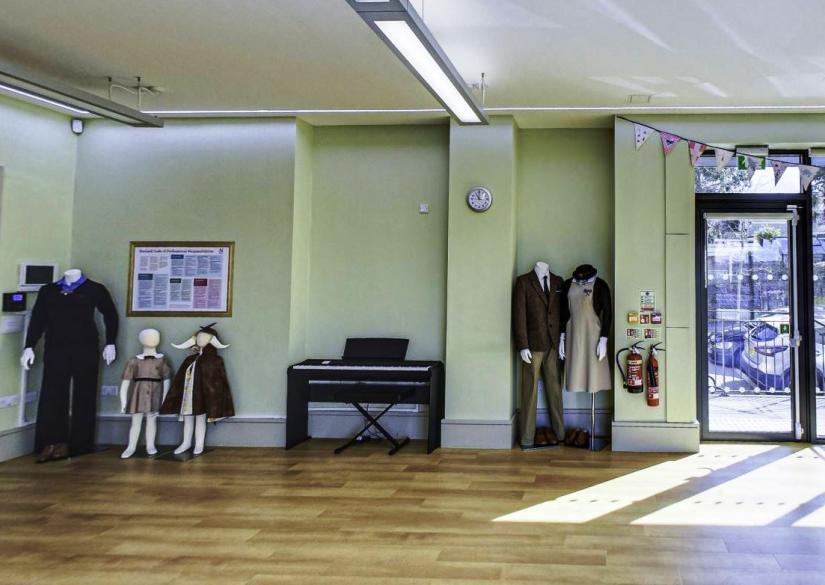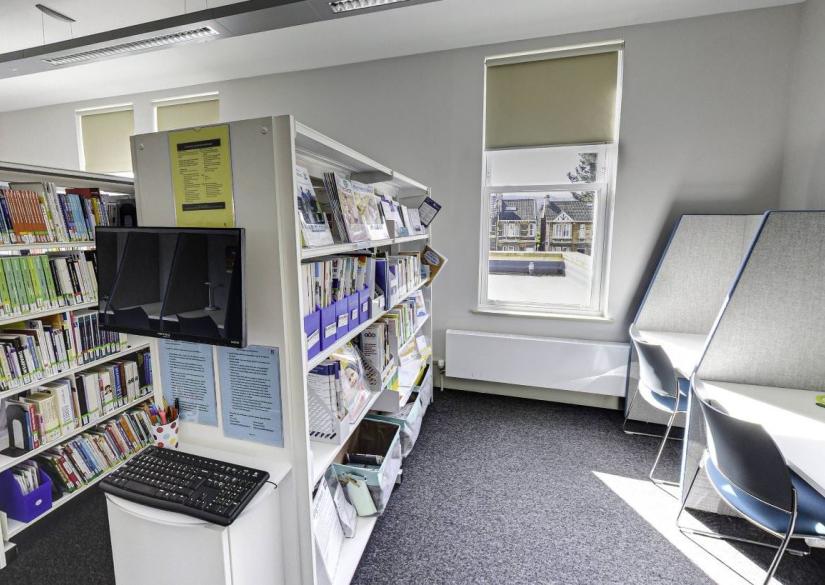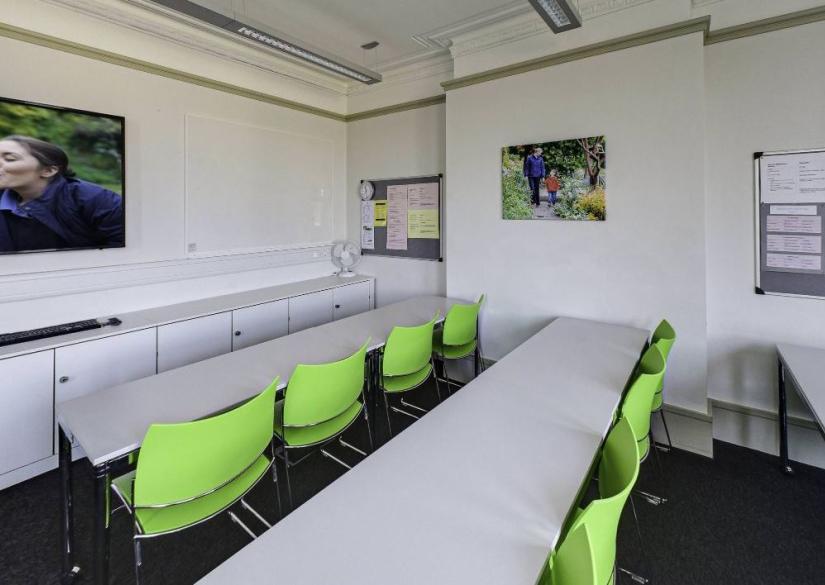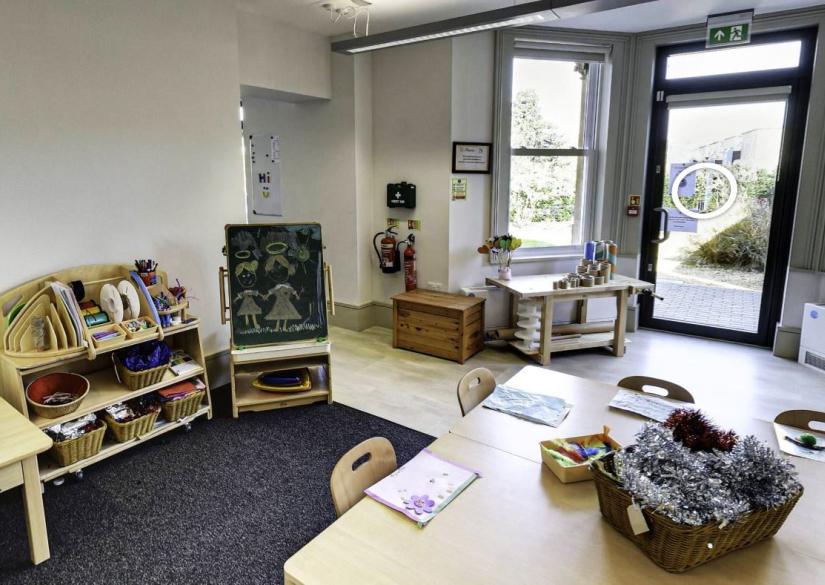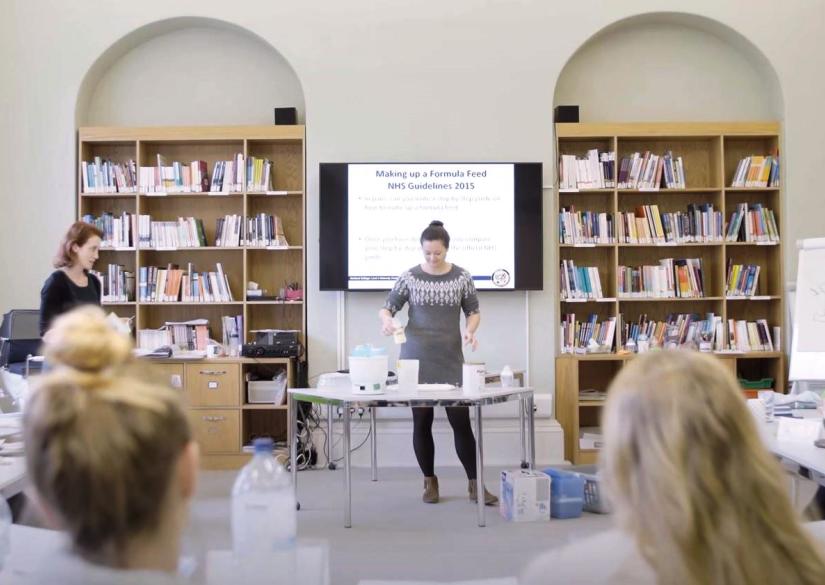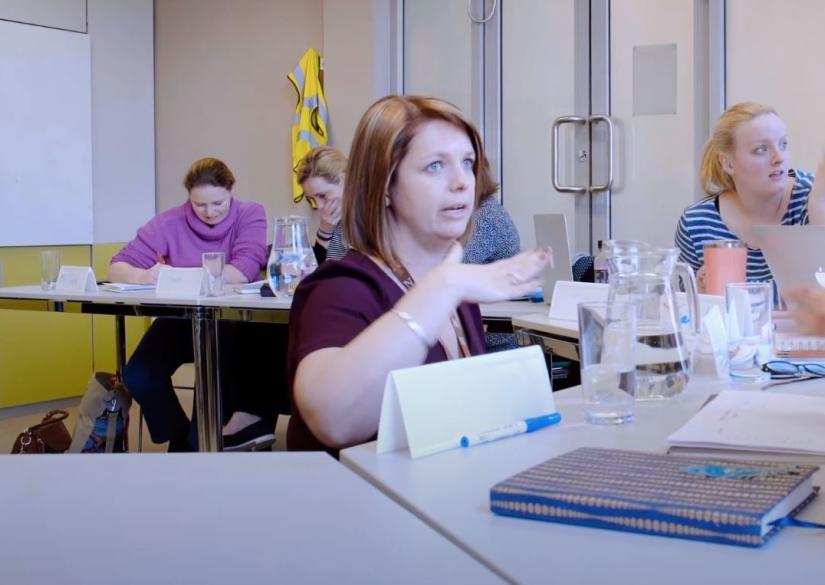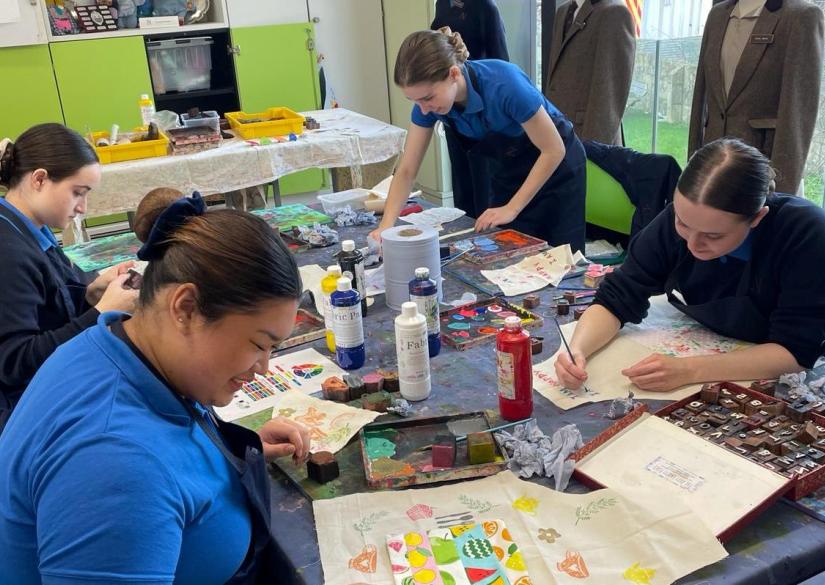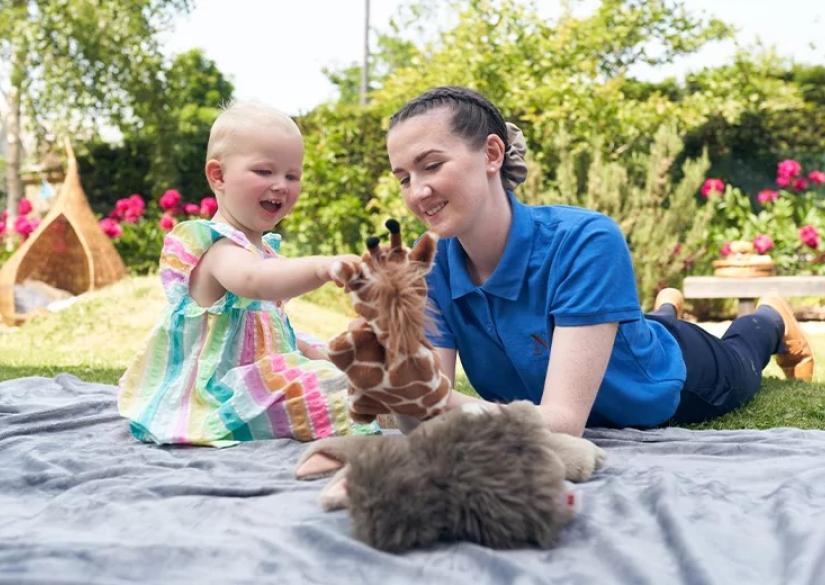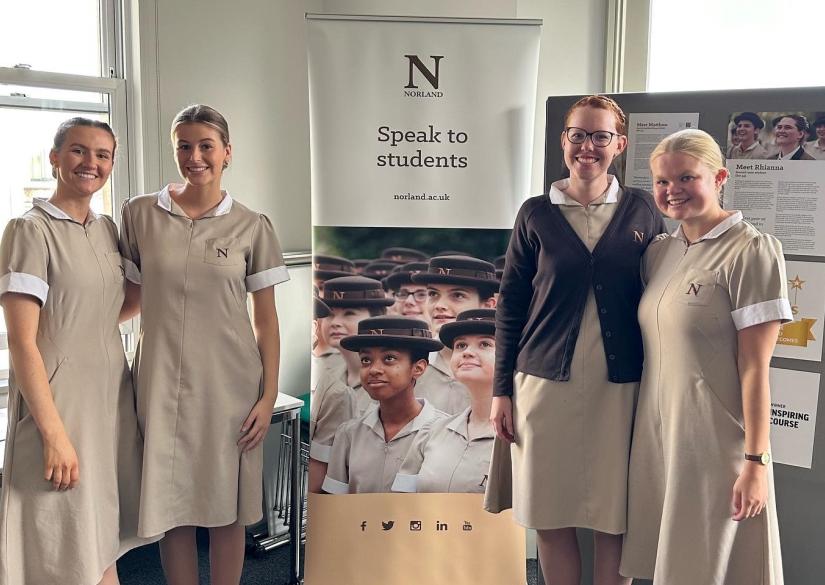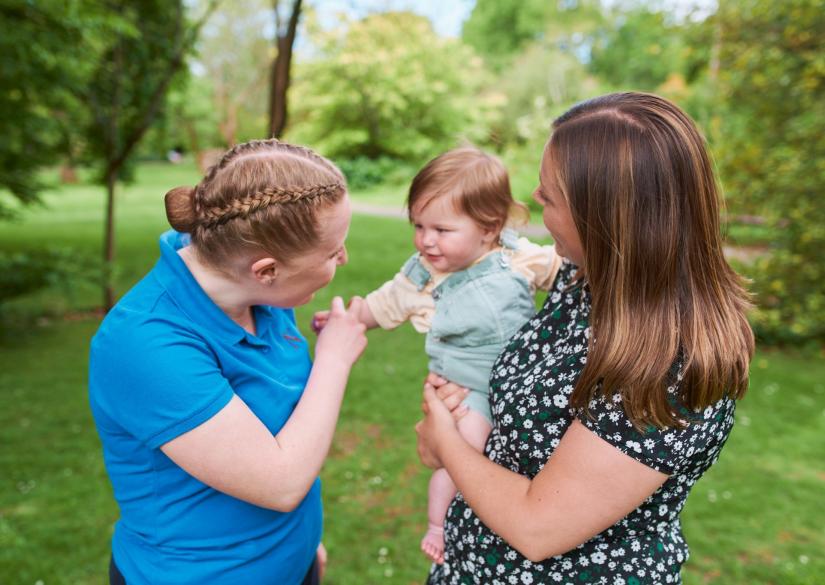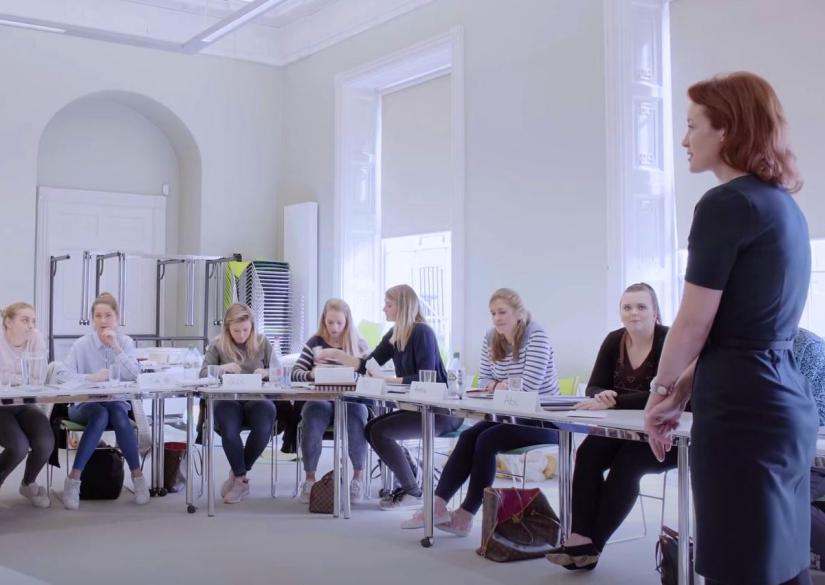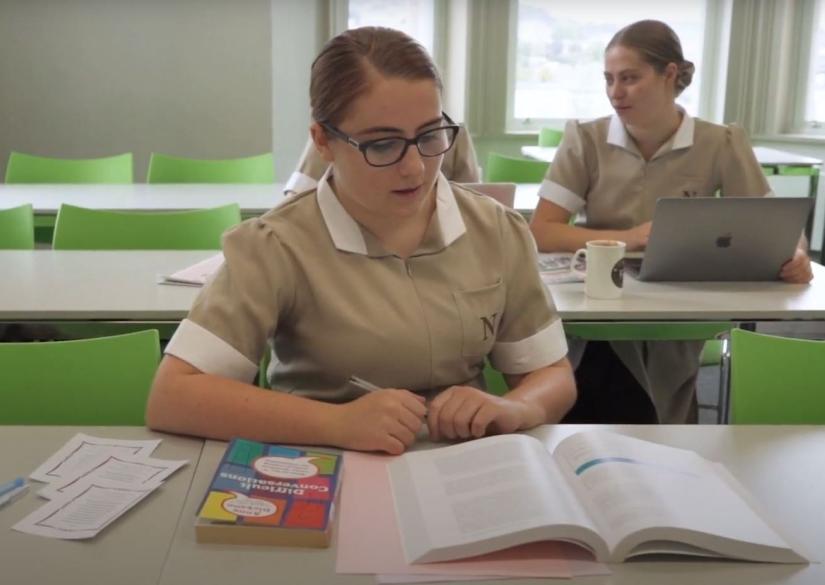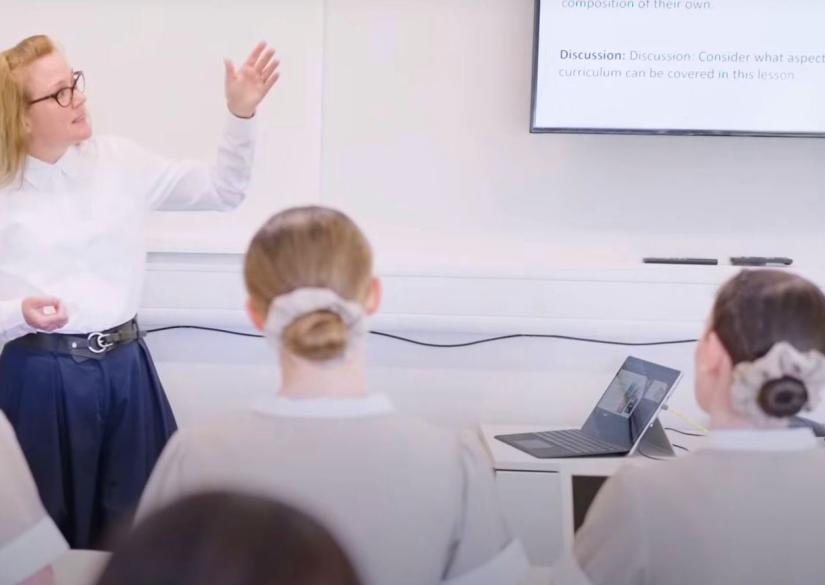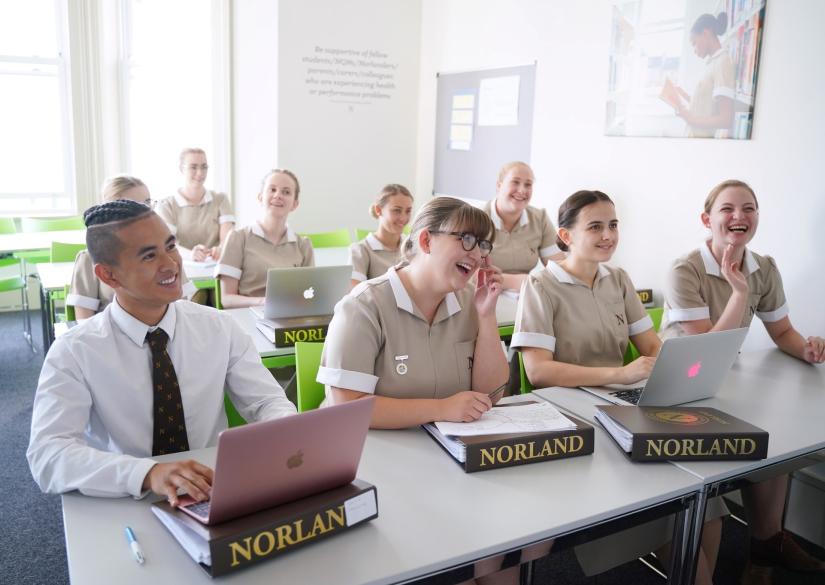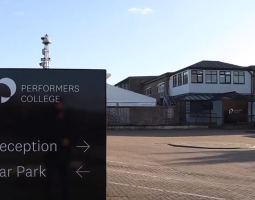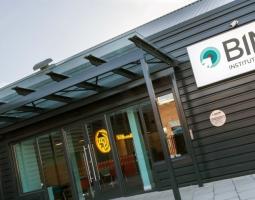Norland College
Programs and prices, tuition fees in Norland College
Bachelor's Degree (Honours)
- Age — from 18 years old.
- The duration of the training is three years.
Course instructors are passionate about their subject areas and have significant professional and academic backgrounds in the fields of education and working with families. Teaching is based on many disciplines, including psychology, neuroscience, children's health, philosophy, social sciences, and education. Norland College regularly invites outside experts already working in the field to speak.
Norland Diploma
- Age — from 21 years old.
- The duration of the training is one year.
The final module of the diploma is the year of obtaining a new nanny qualification (NQN). The Bachelor's Honours Degree and the Norland Diploma are fully integrated and cannot be studied independently of each other. The diploma is a special and prestigious qualification that allows students to put the theory they have learned into practice.
In this fourth year, there is no fee, but during these twelve months, students continue to undergo a comprehensive assessment. Only after successful completion of the NQN course, diploma and badge can candidates use the professional title of Norland Nanny or Norlander to further register with the Norland agency and access its database of vacancies.
Description of Norland College
- Location: Bath, Somerset, England,
- Founded in: 1892,
- Language of instruction: English,
- Type of study: blended.
Norland College is a British university specializing in childcare, accepting students from the age of 18.
The college is the oldest educational institution in the world that educates nannies and other staff to work with children. Education at Norland College was originally based on the principles of Froebel, the German educator best known as the "creator of the kindergarten system," and adapted to better meet the needs of young children and their families.
Norland College has been named the UK's best university for improving graduate learning outcomes in the Whatuni rankings in 2021.
Educational process
Almost half of the teaching time is spent on hands-on experience (1,302 hours) in at least eight different early childhood facilities, including 25 hours of practice with newborns. In their fourth year, students spend a year as probationary nannies in a paid full-time job that the college provides them to earn a Norland diploma and the prestigious Norlander professional title.
Faculties and colleges
At Norland College, students study two separate and fully integrated qualifications: the BA (Hons) in Early Childhood Education and Care and the prestigious Norland Diploma.
Things to know about
Emily Ward quickly realized that nurses at Norland College (as college graduates were originally called) needed to be professionalized, so she introduced uniforms. Nurses at Norland College wore uniforms not only in education, but also after qualifying on the job, so they were recognized wherever they went. Uniforms are still an integral part of the college's traditions.
Accommodation, meals, prices
The college does not provide organized accommodation, but it does help students find their own accommodation in the city.
Activities Norland College
Extracurricular activities at Norland College: sports, cultural and social events, including theatrical performances, lectures and workshops from invited experts.
Advantages
- provides internship and internship opportunities for students, allowing them to gain valuable experience and increase their chances of employment after graduating from college,
- Collaborates with various companies and organizations that provide jobs for college graduates, providing them with a stable future and career growth.
Facilities and equipment at Norland College
The college has the technology to implement a virtual learning environment designed to complement face-to-face learning. The educational buildings are equipped with rooms for practicing practical modules: sewing, swaddling, games and meals.
Admission dates and extra charges
Approximate trimester dates at Norland College:
- Autumn: from 18 September to 15 December,
- Spring: from 8 January to 28 March,
- Summer: from April 22 to June 21.
Enrolment process
- Study the requirements and conditions of admission,
- gather all the necessary documents, including high school diploma, letters of recommendation, motivation letter, and language test results (IELTS or TOEFL),
- Submit an application for admission and pay the application fee,
- Pass an interview and test to demonstrate your knowledge, skills, and personality traits.
Perspectives
Qualified graduates gain access to a specialist employment agency offering a job of their choice, above-average salary for graduates, and career support.
Graduates of Norland College can work in a variety of fields related to the upbringing and education of children in related fields. Some graduates become teachers, psychologists, social workers, or start their own businesses in the field of education and child development.
Entry requirements, how to apply, what is required to enrol
- Age: Applicants must be at least 18 years old,
- level of education: high school diploma or equivalent,
- English language proficiency: language test results (IELTS, TOEFL or Cambridge English),
- motivation letter: information about academic achievements, personal qualities and reasons for choosing Norland College,
- Letters of recommendation: References from teachers, employers, or heads of organizations with whom there has been cooperation.
Scholarships Norland College
Emily Ward Name Scholarship Offers:
- Up to five scholarships of £10,000 for each year of study during the three-year course. First-year students (British and international) with an annual family income of no more than £42,875 are eligible.
- Up to eight partial scholarships of £5000 for each year of study over a three-year course. First-year students (from the UK and overseas) are eligible. Preference is given to low-income families.
- At least 10 scholarships of £500 as a one-time contribution to the purchase of a college uniform for the first year of study only. All first-year students (UK and overseas) are eligible. Preference is given to low-income families.
Institution on the map
Residence permits, citizenship and other services
- Guardianship services during the studies
- Student supervision
Review about Norland College
Recommendations on when to apply
| Language courses, schools and children's language camps | Primary and secondary education - private schools | Preparation programmes for entering universities - higher education | Higher education (after completing accredited programs A-level, IB, High School) - Bachelor, Master, MBA |
| - we recommend to apply 6-9 months before the start of the course (some camps and schools offer discounts for early booking or for lengthy study programs) - there are some very popular and high demand children's camps, where the applications need to be submitted 1 year in advance (in particular Switzerland , Great Britain , USA , Canada , Austria) | - we recommend to apply one year before the start of the training program, - some schools have a specific time frame (September-November - please specify an individual school) - some schools require tests in several stages (UKISET, internal tests of the school: English, mathematics, logics, subjects, interview, some require a personal visit) | - we recommend to apply one year before the start of the program, - for Foundation and Pathway programs, IELTS and TOEFL certificates are usually required, respectively | - recommended submission one year before the start of the program, - the deadline normally closes in January, for TOP HEIs and, as a rule, in March in other universities - for a bachelor, a Foundation or Pathway preparatory program a completed A-level, IB, High School + IELTS / TOEFL are required - for Masters you need a graduated higher education, in some cases you need a pre-Masters program - MBA requires completed higher education, work experience preferably at least 2-3 years, etc. |


